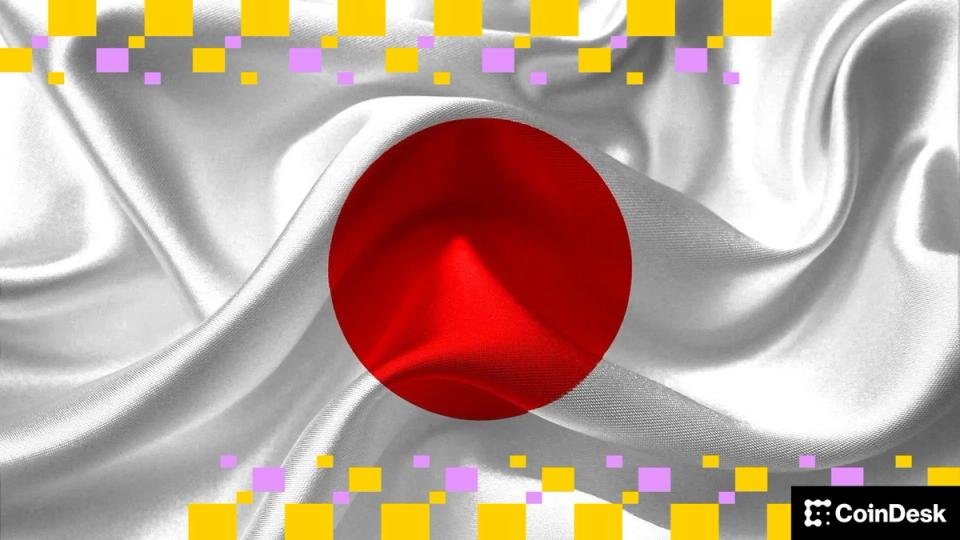Japan’s Financial Services Agency Mulls Reform for Cryptocurrency Investments
In a significant shift, Japan’s Financial Services Agency (FSA) is considering a reform that would empower banks to invest in digital assets like Bitcoin. According to a report from Yomiuri, this proposed system would enable banks to trade cryptocurrencies akin to stocks and government bonds, while adhering to specific regulations that safeguard financial stability. This development aligns with global trends towards the adoption of digital assets and offers a strategic response to Japan’s current economic challenges.
The FSA is also exploring the possibility of registering banking groups as “cryptocurrency exchange operators.” This would allow these institutions to provide trading and exchange services, thereby facilitating a more streamlined investment process for users. As more reputable banking groups become involved in the cryptocurrency market, investors may feel an increased level of confidence in digital assets.
A working group meeting of the Financial Services Council, which advises the Prime Minister, is scheduled to discuss this reform. This initiative is particularly notable given Japan’s previous guidelines established in 2020, which prohibited local banks from acquiring cryptocurrencies for investment. Hence, the proposal marks a meaningful evolution in Japan’s stance towards digital assets.
As Japan faces a towering debt-to-GDP ratio of 240%, the government finds itself under pressure to implement financial repression measures, including low interest rates and heightened regulation. In this challenging economic landscape, cryptocurrencies have the potential to offer investors alternative assets that may escape the limitations of traditional financial systems.
The changing attitude towards digital currencies also reflects a global trend of increasing mainstream acceptance, with countries like the U.S. leading the way. As traditional financial institutions begin to recognize the value and stability that cryptocurrencies can bring, Japan’s reform could position the nation as a significant player in the increasingly competitive digital asset market.
In conclusion, as Japan’s FSA explores reforms to allow banks to hold and invest in digital assets, the potential for reshaping the financial landscape appears promising. This initiative not only aims to modernize Japan’s financial system but also provides a mechanism for investors to navigate the complexities of an evolving economic environment through cryptocurrencies.


